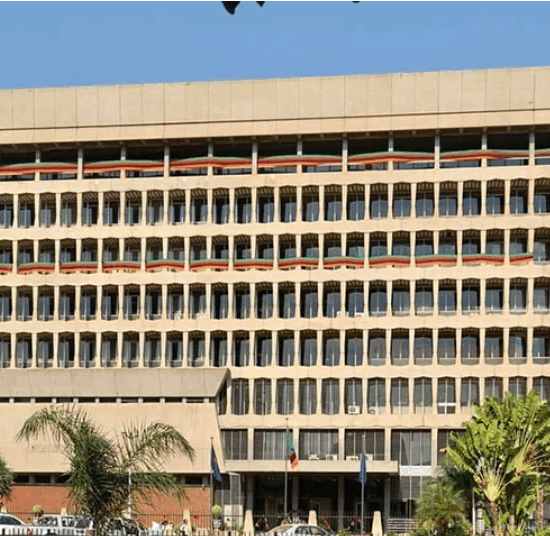
Chilanga Cement, a subsidiary of Chinese global cement giant company Huanxin Cement has revealed that the price of cement has progressively reduced by an average of 11% over the past 10 months following the continued appreciation of the kwacha, which has also resulted in a better business environment.
Company Corporate Affairs Manager Gift Danga said if the kwacha continues to appreciate against major foreign currencies, the cost of production is expected to further go down and this will eventually lead to lower prices for customers.
In an interview with the Zambian Business Times – ZBT, Danga explained that the appreciation of the local currency against foreign currencies leads to a lower cost of doing business as the importation of raw materials and pricing of other inputs becomes cheaper.
Danga added that the appreciation of the kwacha leads to a lower cost of doing business, which ultimately results in prices that are more competitive for end users. He noted that as regards fuel prices, a downward movement in fuel price leads to low transport costs, which in turn contributes to the low cost of doing business, thereby resulting in better prices for end users.
“In addition to the cost of production, other factors that affect cement price include the following; quality of the product, legal, regulatory, and environmental scenario, market dynamics and demand, cost of raw materials, gypsum, fuel and electricity. These are not limiting factors, but are usually the major factors”, he said.
Danga said a key challenge that the company is facing now is the reduction in demand relative to the increased number of players in the industry and the contraction of the market.
He revealed that the company had challenges accessing gypsum at some point but the situation has improved compared to last year and earlier this year, however the company is still facing challenges accessing high quality natural gypsum locally therefore, currently this is still being imported from within the region.







